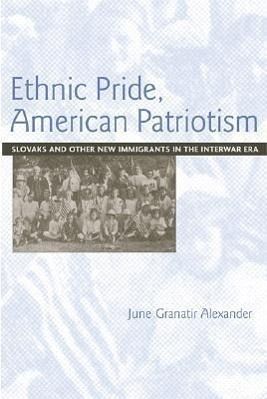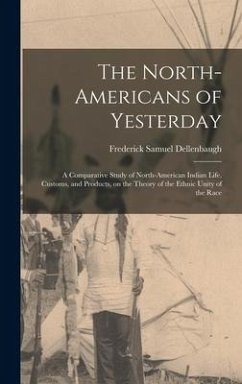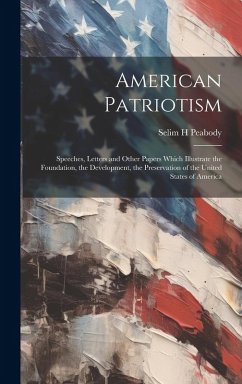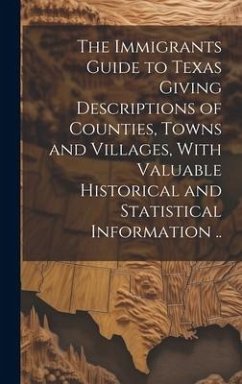
Ethnic Pride, American Patriotism: Slovaks and Other New Immigrants in the Interwar Era
Versandkostenfrei!
Versandfertig in über 4 Wochen
62,99 €
inkl. MwSt.
Weitere Ausgaben:

PAYBACK Punkte
31 °P sammeln!
In "Ethnic Pride, American Patriotism," June Alexander presents a history of inter-war America from the perspective of new Slovak and Eastern European immigrant communities. Like the groups that preceded them, Slovak immigrants came to define being American as adhering to its political principles; they saw no contradiction between being patriotic Americans and maintaining pride in their ancestry. To counter the negative effects of the 1924 immigration law, Slovaks mobilized a variety of political and cultural activities to insure group survival and promote ethnic pride. In numerous localities ...
In "Ethnic Pride, American Patriotism," June Alexander presents a history of inter-war America from the perspective of new Slovak and Eastern European immigrant communities. Like the groups that preceded them, Slovak immigrants came to define being American as adhering to its political principles; they saw no contradiction between being patriotic Americans and maintaining pride in their ancestry. To counter the negative effects of the 1924 immigration law, Slovaks mobilized a variety of political and cultural activities to insure group survival and promote ethnic pride. In numerous localities Slovak days brought first and second generation immigrants together to celebrate their dual identity. June Granatir Alexander's study adds complexity and nuance to entrenched notions of conflicts between tradition-bound immigrants and their American-born children. Showing that ethnicity mattered to both generations, Alexander challenges generalizations derived from whiteness studies.












